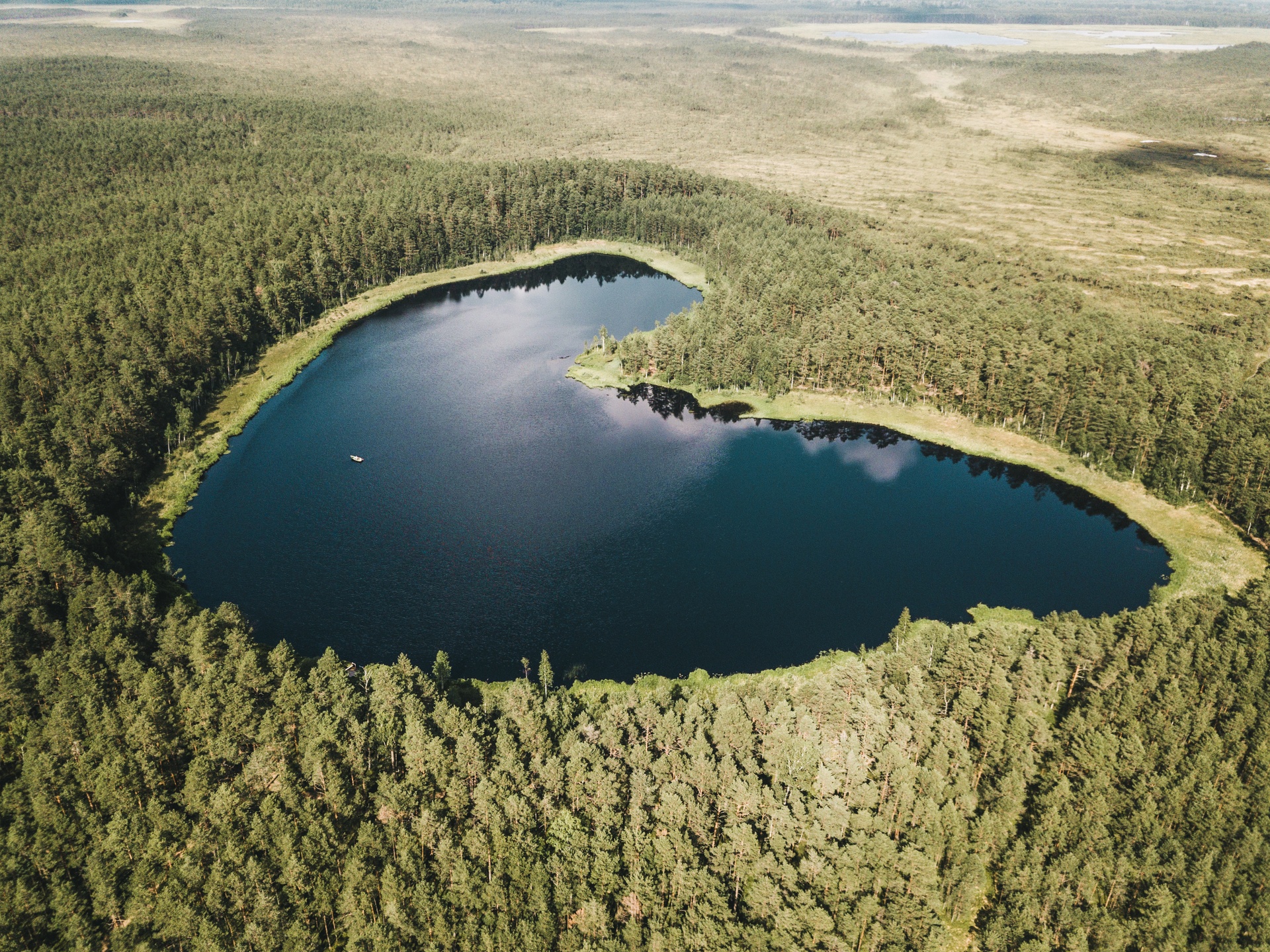
- Official name: Republic of Estonia.
- Population: 1,320,068.
- Major cities (population): Tallinn (456,184); Tartu (97,435); Narva (53,875); Pärnu (40,228); Kohtla-Järve (33,499).
- Head of state: President.
- Constitution: passed on 28 June 1992.
- Government: Parliamentary Republic, single-chamber Parliament (Riigikogu) of 101 members.
- Currency: Euro (EUR).
- National day: Independence Day, 24 February.
- Language: Estonian. Other languages such as English, Russian and Finnish are also widely spoken.
- Ethnic groups: 68.8% of the population is of Estonian ethnicity. The second largest ethnic group is Russian, forming approximately 25.1% of the population. 1.8% of the population has Ukrainian roots, Belarusians and Finns each make up approximately 1% of the population.
- Religion: Overall, most Estonians are not religious. There is a tolerance toward all religions and in general religious beliefs do not affect business activities in Estonia. Formally, Estonians are predominantly Lutherans, but religion does not have any considerable impact on daily life. There are small Russian Orthodox, Baptist and other communities across the country.
- Major natural resources: Timber, oil shale, phosphorite, peat, limestone, dolomite.
- Time zone: GMT + 2 hours, daylight saving time: +1hr, begins last Sunday in March; ends last Sunday in October.
- Distance from Tallinn: Helsinki 85 km, Riga 307 km, St. Petersburg 395 km, Stockholm 405 km, Vilnius 605 km.
- Flight times: Tallinn is within a 3-hour flight from major European capitals.
- Climate: The climate in Estonia is temperate, characterised by warm summers and fairly severe winters. The weather is often breezy and humid due to the proximity of the Baltic Sea. Average temperatures range from 20.9° C in summer (usually July is the hottest month) to – 8°C in winter. Although occasionally the temperature may rise to 30°C and above in summer or sink below – 23°C in winter, it is very unusual at this latitude.